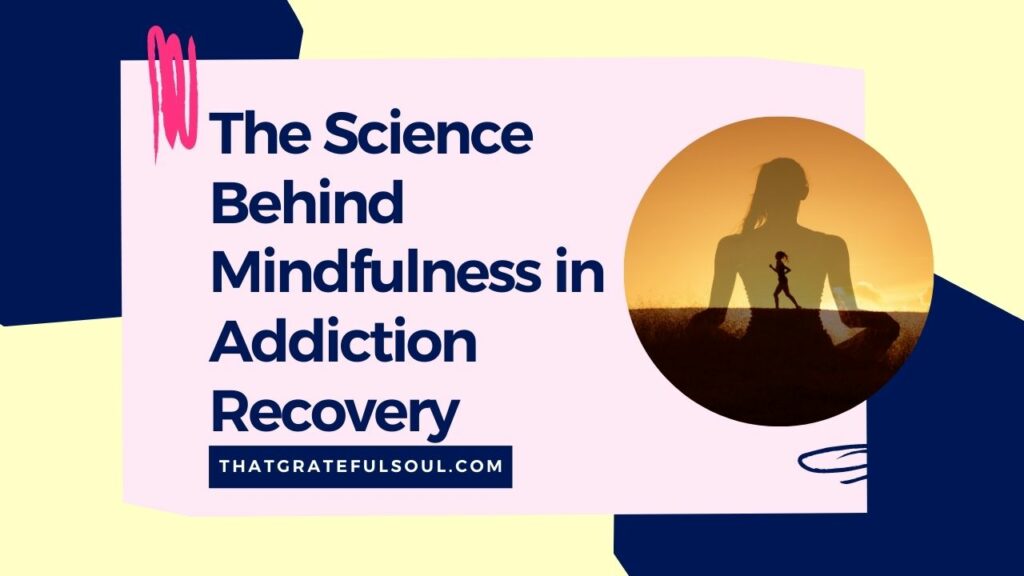As the struggle against addiction continues, science turns towards the ancient practice of mindfulness. This article explores how mindfulness bolsters the process of addiction recovery[1].

-
Save
Table of Contents
Mindfulness and Addiction Recovery: A Scientific Perspective
1. Understanding Mindfulness
At its core, mindfulness involves cultivating present-moment awareness, and promoting non-judgmental acknowledgment of thoughts, feelings, and sensations[2].
2. The Neural Pathways of Addiction
Addiction alters brain functioning, impacting the reward, memory, and stress systems, often leading to negative emotional states when substances are absent. These changes drive cravings and compulsive drug-seeking behavior[3].
How Mindfulness Helps Counteract Addiction
1. Modulating the Brain’s Reward System
Mindfulness training can help modulate the brain’s reward system, making individuals less reactive to drug-related cues and more sensitive to natural rewards[4].
2. Enhancing Emotional Regulation
Mindfulness cultivates emotional awareness and regulation, helping individuals handle stress and negative emotions that can trigger relapse[5].
3. Breaking the Cycle of Craving
Mindfulness techniques like urge surfing can help individuals observe cravings non-judgmentally, reducing their intensity and disrupting the cycle of craving and substance use[6].
Scientific Studies on Mindfulness in Addiction Recovery
Several studies underscore mindfulness’s effectiveness in addiction recovery.
1. Mindfulness-Based Relapse Prevention (MBRP)
MBRP combines mindfulness practices with cognitive-behavioral relapse prevention strategies. Studies indicate that MBRP can significantly reduce the likelihood of relapse and intensity of cravings[7].
2. Mindfulness-Based Stress Reduction (MBSR)
MBSR, a standardized mindfulness training program, has reduced substance use, cravings, and stress among people with substance use disorders[8].
Conclusion
The science of mindfulness in addiction recovery is still evolving. However, early findings are promising, underscoring mindfulness’s potential as a robust tool in the fight against addiction.
References:
[1]: Substance Abuse and Mental Health Services Administration (SAMHSA). “Mindfulness-Based Therapies for Substance Use Disorders: Part 1.”
[2]: Psychology Today. “What Is Mindfulness?”
[3]: National Institute on Drug Abuse. “Drugs, Brains, and Behavior: The Science of Addiction.”
[4]: Frontiers in Psychiatry. “Mindfulness Training Targets Neurocognitive Mechanisms of Addiction at the Attention-Appraisal-Emotion Interface.”
[5]: Journal of Substance Abuse Treatment. “The Role of Mindfulness in Reducing the Adverse Effects of Childhood Stress and Trauma.”
[6]: Journal of Behavioral Medicine. “Effects of Mindfulness-Based Relapse Prevention on Impulsivity Among Individuals with Substance Use Disorders: A Preliminary Study.”
[7]: JAMA Psychiatry. “Efficacy of Mindfulness-Based Cognitive Therapy in Prevention of Depressive Relapse.”
[8]: Journal of Clinical Psychology. “Mindfulness-Based Stress Reduction for the Treatment of Substance Use Disorders: A Systematic Review and Meta-Analysis.”
-
Save

